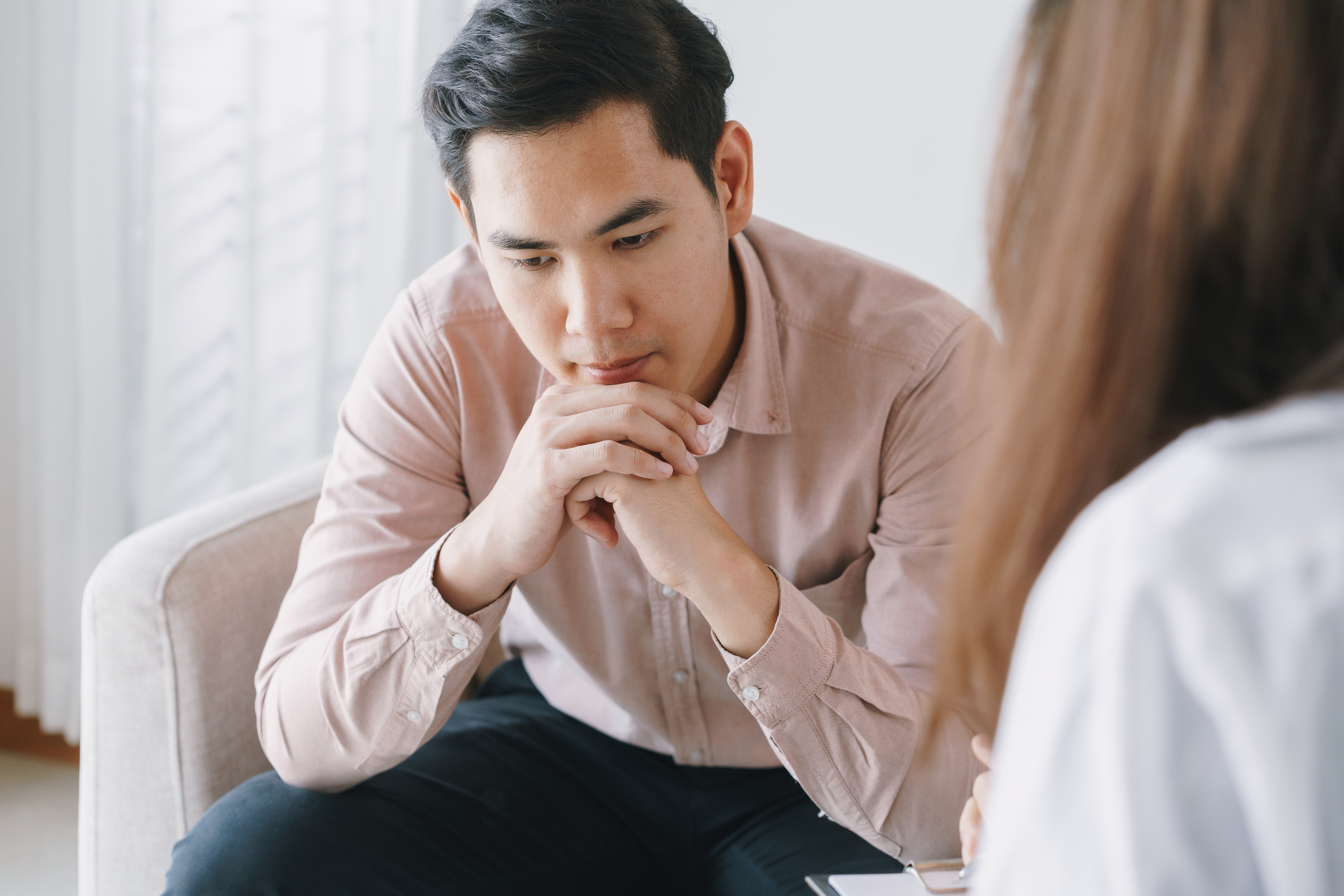Opioid addiction is a national epidemic. In this comprehensive article, we will look at the challenges of opioid addiction. We will also explore the pillars of opioid addiction treatment and what you can expect when you reach out to our Ohio-based team for support on the road to recovery.

Many different types of services combat addiction and help you on your recovery journey. These programs in opioid addiction treatment include the following:
Medication-assisted treatment (MAT) is a crucial component of many opioid addiction treatment programs. MAT combines medication with therapy, managing withdrawal, and preventing relapse.
There is no single best approach to opioid addiction treatment. Effective programs tailor treatment plans to each client’s unique needs and circumstances.
AM Behavioral Health works with you to provide relapse prevention strategies to help you manage triggers that may lead to relapse. If a relapse occurs, contact your support network, therapist, or treatment center immediately.
Community support plays a vital role in destigmatizing addiction and promoting recovery.
Here’s how community support can help reduce stigma and promote opioid addiction treatment:

In addition to the treatment programs at AM Behavioral Health, here are some additional resources and support services to guide you on your journey:
If you or a loved one are ready to join opioid addiction treatment, contact us today! We are happy to hear from you and we look forward to empowering you to lead the happy, healthy, and fulfilling life you deserve.